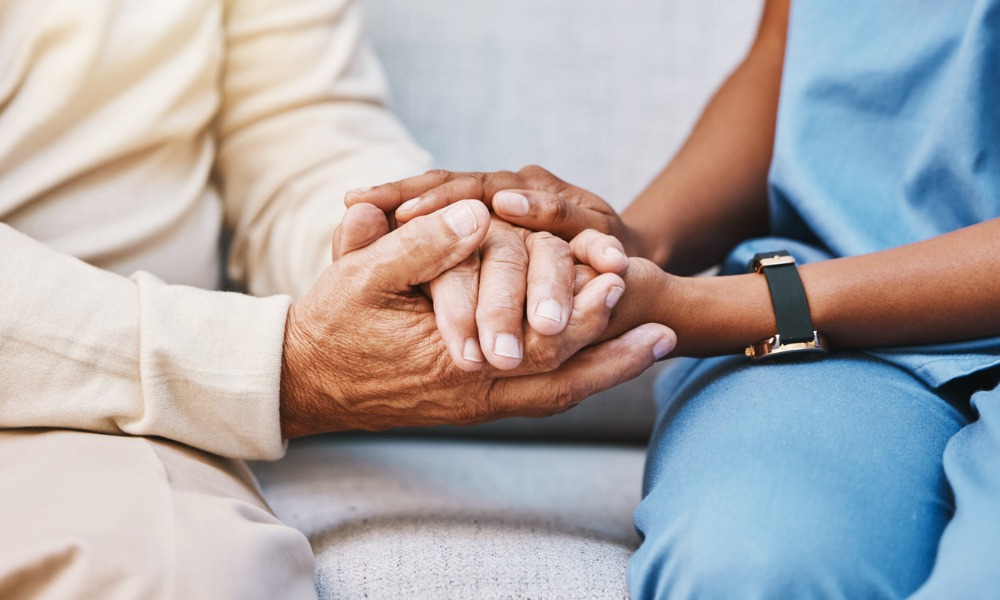
Unions deliver open letter to Te Whatu Ora

Over 9,000 people have signed an open letter calling on the New Zealand government to settle without further delay the pay equity claims of care and support workers.
The open letter was put up by three unions, including the Public Service Association (PSA), E tū, and the New Zealand Nurses Organisation.
It called out the delay in providing sufficient funding to deliver pay equity to care and support workers, which has left many employees struggling to make ends meet.
"We are calling on you to stop the delays and interference now so the claim can progress. The situation is now urgent and overdue," the letter read.
Delegates from the three unions delivered the open letter to the chief of Te Whatu Ora on International Women's Day on March 8 with a total of 9,100 signatures.
Over the website, it has now garnered 9,325 signatures as of writing.
"More than 9,100 people agree with us which is why they signed the letter we're delivering to Te Whatu Ora Chief Executive Margie Apa on International Women's Day. Enough is enough. Our pay equity claim must be settled fairly and fully without further delay," said PSA Delegate and mental health support worker Christie Cox in a statement.
Cushla Rahman, E tū Industry Council Member and home support worker, underscored that their industry is "falling apart" as many care and support workers depart for Australia.
"It's time for a simple solution to sort this out. We're calling on Health Minister Shane Reti to intervene and deliver pay equity for care and support workers now, just as the National Government did in 2017," Rahman said in a statement.
Te Whatu Ora is the agency responsible for funding most care and support services.
There are three active pay equity claims for care and support workers that cover over 200 employers. The first was filed in July 2022, while the second was filed in November 2023.
"Our pay equity claim has been stalled for six months by baffling delays that mean we're falling even further behind," Cox said.
"Pay equity is about recognition and respect. It should lift us up to where we belong as health professionals in challenging work. Instead, it feels like Te Whatu Ora is telling us we're worth less yet again."
She underscored that majority of the 65,000 care and support workers in New Zealand are women, and they are getting paid less than their worth.
"This is discrimination based on our gender and we want this wrong righted now," Cox said.